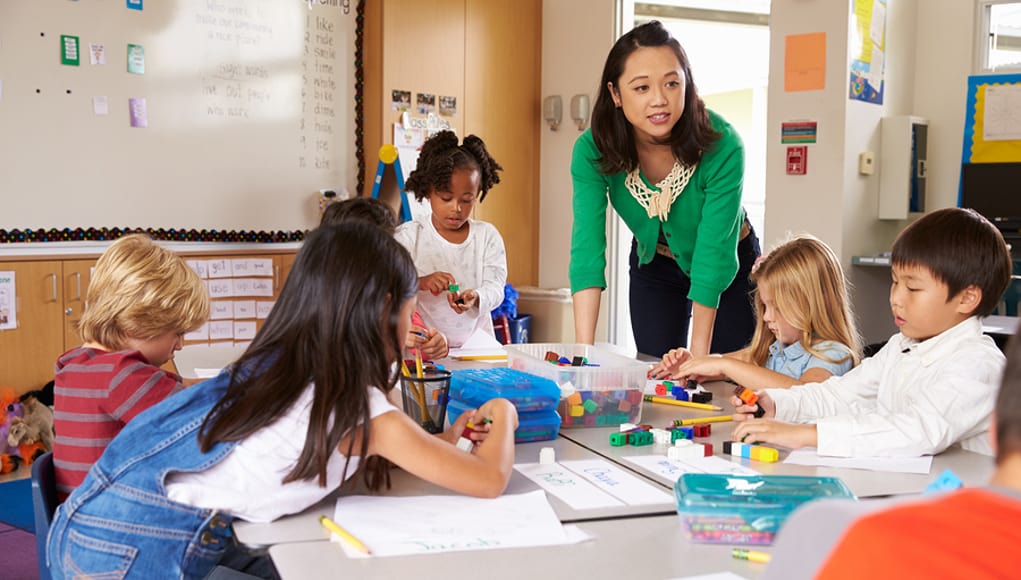A special need is an inclusive term. So before we can begin to identify which of our students have special needs, we must first determine what the name implies.
Usually, the term refers to a student who has a disability such as blindness, deafness, or a specific mental disability. But the term should be used much more widely than it is currently.
What is common to all of these children is that parents and educators should pay extra attention and be sensitive to these needs to promote healthy childhood development into adults that are as functional as possible. Often the self-teaching, play-to-learn approach presented by educational toys is an ideal means of helping children to overcome the common difficulties incurred by learning and other disorders. Some characteristics are common to many diseases, and many kinds of educational toys can help children overcome these problems.
Frustration
Special needs children often feel a great deal of frustration with the world around them. They are met with more difficulty than their peers in mastering basic tasks, and because they often struggle to understand their environment. Educational toys provide children with a sense of satisfaction and self-achievement. This positive, rewarding experience can help to soothe the frustration that is understandably experienced by these children.

Anxiety
Children suffering from learning, developmental or psychiatric disorders are often very insecure and unsure of their environment, which causes an extraordinary amount of anxiety. The play-and-learn approach encourages children to become immersed in their work and to develop a positive, more satiated demeanor that helps to offset feelings of insecurity or anxiousness.
Self-esteem
Often, special needs education Singapore children feel insufficient and inferior to their peers, which can cause shallow confidence and self-esteem. Because children teach themselves and learn independently with educational toys, achievements gained self-sufficiently help these children to build a sense of confidence and self-assurance. This increased self-esteem then allows children to interact more comfortably with their environment and gives them the confidence to approach learning.
Communication
Due to speech impediments, hearing problems, social anxiety, or other communication problems, educators often struggle to communicate with special education children. Educational toys allow children to teach themselves through an enjoyable and engaging play-to-learn approach. With this strategy, children can learn independently, and communication problems no longer hinder their development.
Special needs children have an extensive range of difficulty, and the needs of each child are unique. Educational toys’ engaging nature helps keep these children motivated, and the self-teaching approach allows them to move at their own pace.
There are schools where most students do reasonably well, and these seem to be model schools. On the other hand, we find schools with students who, on average, do not do very well at all. If we look at this around the world, it’s easy to see that student performance has a lot to do with the economic stability of the region where the students come from the school.



